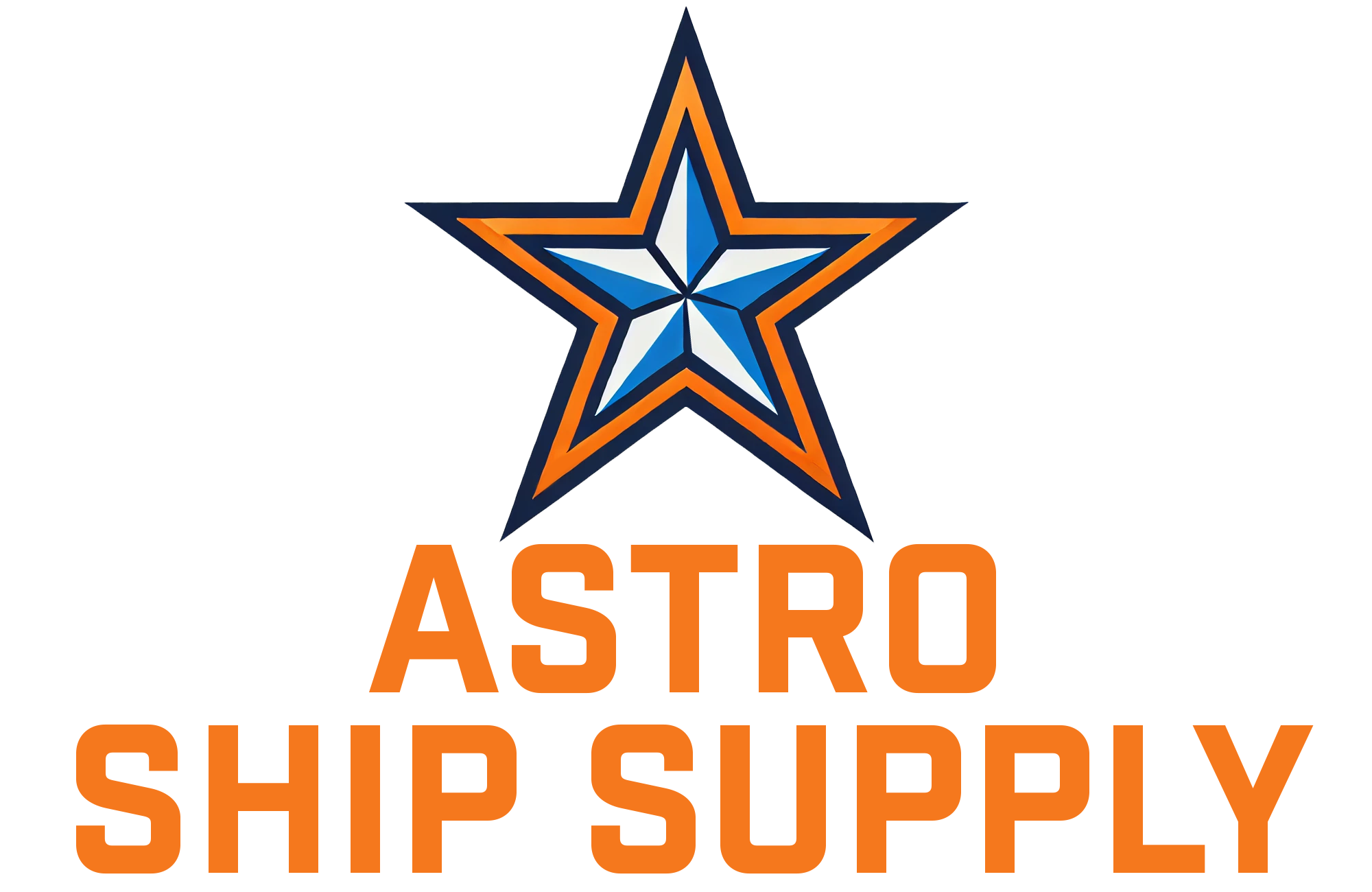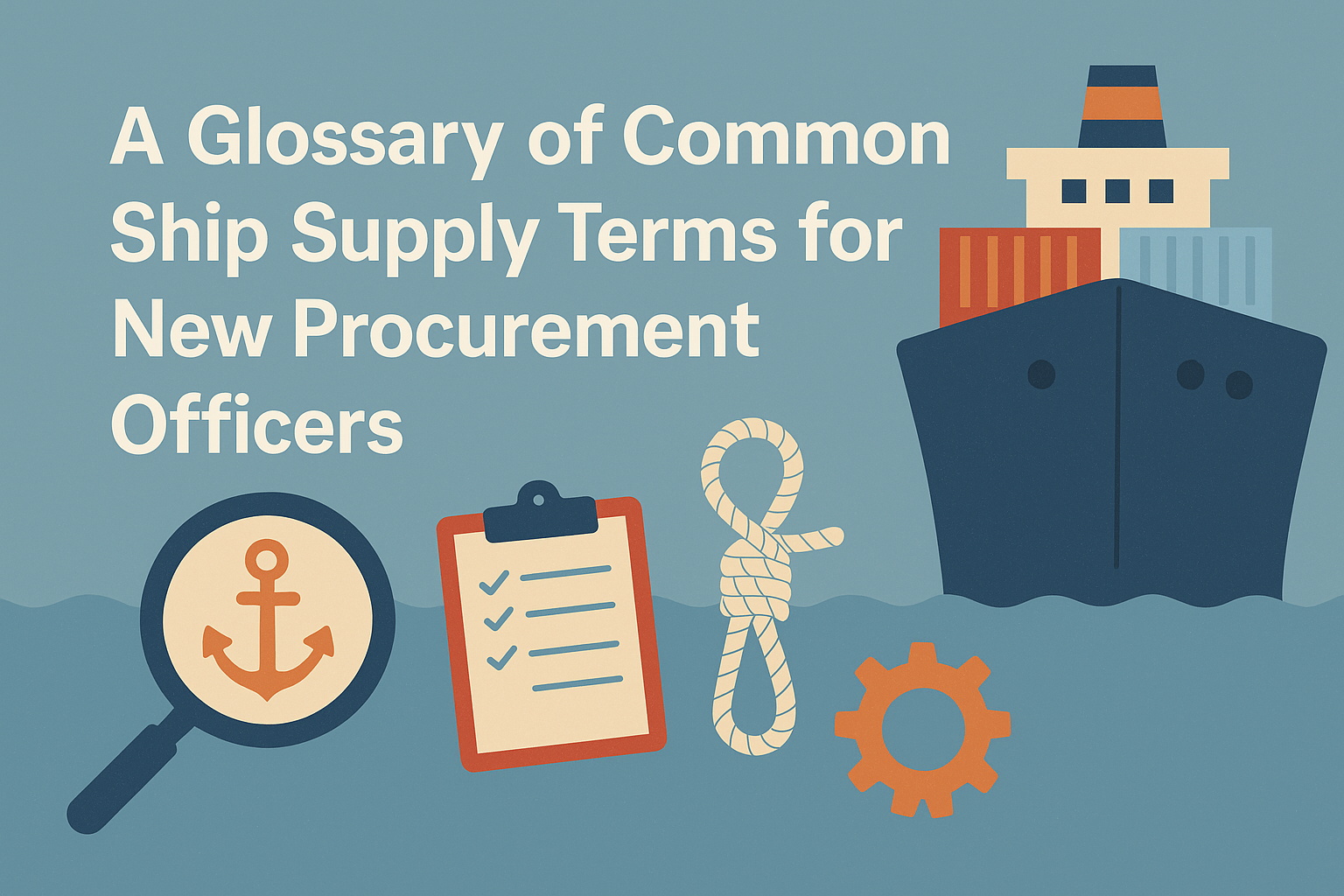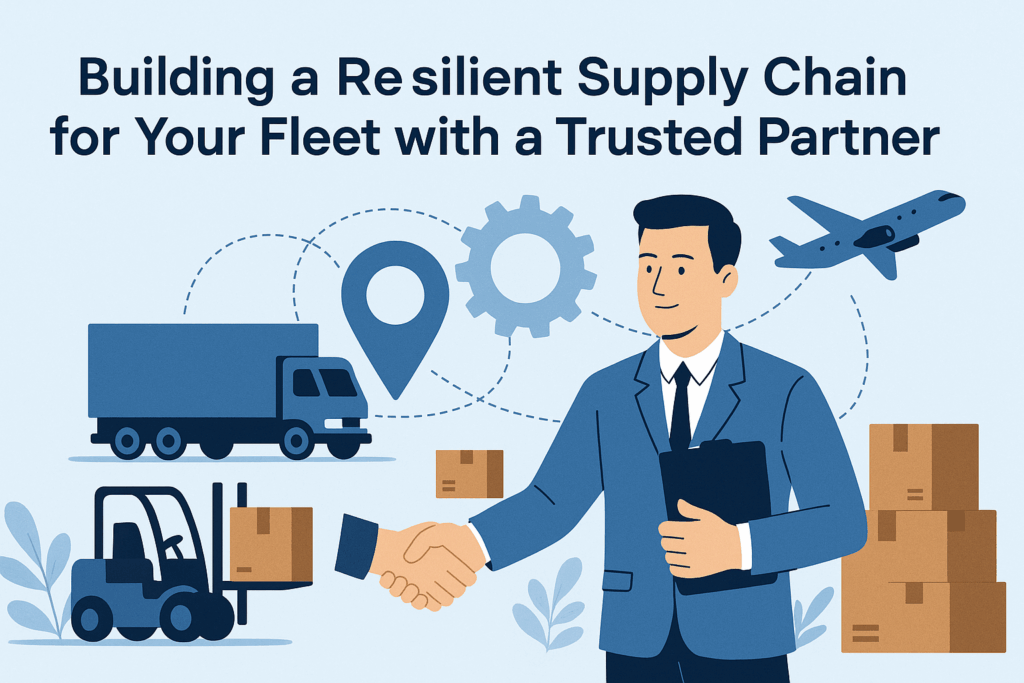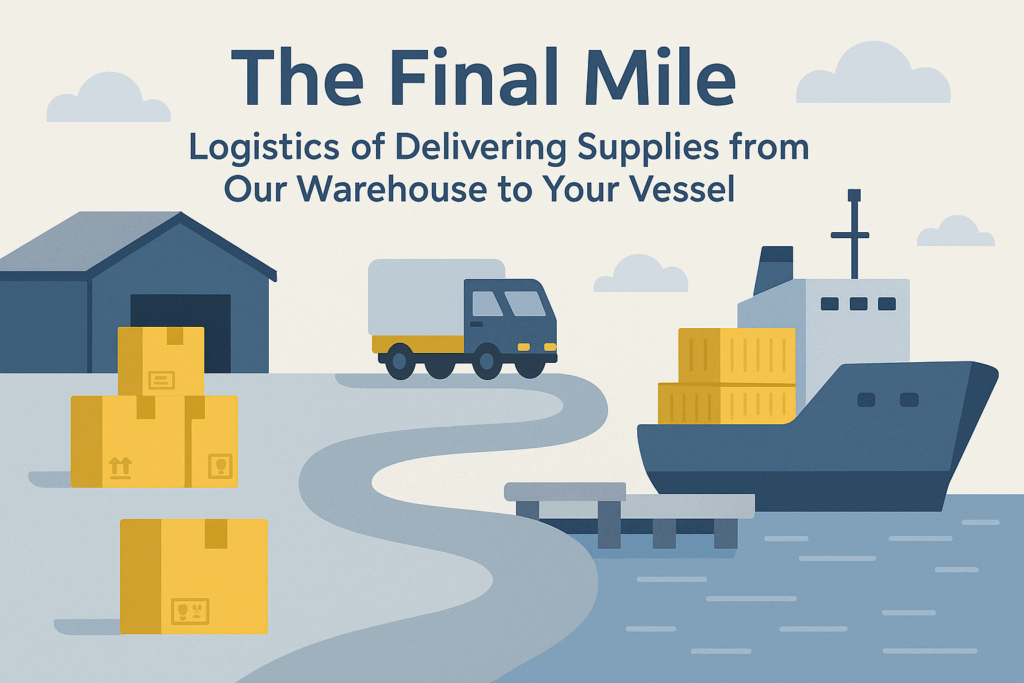The maritime industry is a global powerhouse, and its supply chain is equally vast and specialized. For new procurement officers stepping into this dynamic field, the sheer volume of jargon can be overwhelming. This article breaks down the essential vocabulary, offering clear definitions, practical examples, and insights that will empower you to make informed decisions, optimize operations, and contribute significantly to your organization’s efficiency and profitability.
Understanding the Core of Ship Chandlery
At the heart of ship supply lies the concept of **ship chandlery**. But what exactly does it encompass, and why is it so vital?
What is Ship Chandlery?
Ship chandlery refers to the business of providing supplies or equipment to ships. A “ship chandler” is the individual or company that deals in these provisions. Think of them as the comprehensive logistics partner for vessels, ensuring everything from the crew’s food to the engine’s spare parts is readily available.
Historical Context of Chandlery
Historically, a chandler was a person who made and sold candles, soap, and other household necessities. Over time, as maritime trade flourished, the term evolved to specifically describe those who supplied goods to ships. Today, modern ship chandlery services are a far cry from their origins, incorporating advanced logistics, cold chain management, and global sourcing networks.
Key Categories of Ship Supplies
Ship supplies can be broadly categorized into several key areas, each with its own specialized terms and considerations. Understanding these categories is crucial for effective procurement.
Provisions: Fueling the Crew and Comfort Onboard
Provisions encompass all food and beverage items supplied to a vessel for the consumption of its crew and passengers. This category is critical for crew morale and health, and adherence to quality standards is non-negotiable. At Astro Ship Supply, we emphasize rigorous quality control from farm to vessel.
- Dry Provisions: Non-perishable food items like rice, pasta, flour, sugar, canned goods, and long-life milk. These are staples that form the backbone of a vessel’s food supply.
- Fresh Provisions: Perishable items such as fruits, vegetables, meat, dairy products, and baked goods. Maintaining the cold chain is paramount for these items to ensure freshness and prevent spoilage.
- Frozen Provisions: Meats, poultry, fish, and certain vegetables that require freezing for preservation. These are vital for longer voyages and are often stored in dedicated freezer compartments on board.
- Bonded Stores: Duty-free goods such as cigarettes, alcohol, and luxury items, which are supplied to vessels for sale to crew members or passengers. These items are exempt from local taxes and duties when consumed outside territorial waters. For more on this, check out our insights on Bonded Stores.
Deck Supplies & Equipment: Navigating and Maintaining the Vessel
Deck supplies refer to all items necessary for the safe operation, maintenance, and navigation of the vessel’s deck areas. This includes everything from ropes to safety equipment.
- Mooring Ropes/Lines: Heavy-duty ropes used for securing the ship to a dock or buoy. Their strength and material (e.g., synthetic, wire) are crucial for safe berthing.
- Fenders: Devices used to absorb the kinetic energy of a boat or ship contacting a pier, dock, or another vessel. They prevent damage to the hull.
- Anchors & Chains: Essential for securing the vessel at sea. The type and size depend on the vessel’s tonnage and the seabed conditions.
- Navigation Lights: Lights required by international regulations to indicate a vessel’s position, heading, and status to other vessels.
- Life Rafts & Life Jackets: Critical safety equipment for emergency evacuation. Regular inspection and certification are mandatory.
- Paints & Coatings: Used for protecting the hull and superstructures from corrosion and fouling, crucial for the vessel’s longevity and performance.
Engine Stores: Keeping the Heart of the Ship Running
Engine stores comprise all supplies, spare parts, lubricants, and chemicals required for the operation and maintenance of the vessel’s engine room and machinery.
- Lubricants & Oils: Essential for the smooth operation of engines and machinery, reducing friction and wear. Specific grades are required for different engine types.
- Filters: Air filters, fuel filters, oil filters—all crucial for preventing contaminants from damaging engine components.
- Spare Parts: A vast array of components, from gaskets and O-rings to more complex engine parts, needed for routine maintenance and emergency repairs.
- Chemicals: Cleaning agents, water treatment chemicals, and specialized chemicals for boiler systems or pollution control equipment.
- Tools: Hand tools, power tools, and specialized equipment for maintenance and repair tasks within the engine room.
Cabin & Accommodation Stores: Crew Comfort and Hygiene
Cabin & Accommodation stores refer to the items necessary for the comfort, hygiene, and daily living of the crew and passengers within the vessel’s living quarters. These supplies contribute significantly to crew well-being and morale.
- Bedding & Linens: Sheets, blankets, pillows, and towels for crew cabins.
- Toiletries & Cleaning Supplies: Soaps, shampoos, detergents, disinfectants, and cleaning equipment for maintaining hygiene throughout the accommodation areas.
- Galley Equipment: Utensils, cookware, crockery, and small appliances for the ship’s galley (kitchen).
- Laundry Supplies: Detergents, softeners, and equipment for onboard laundry facilities.
- Stationery & Office Supplies: Paper, pens, and other administrative necessities for the ship’s office. For more information, please visit our Cabin & Accommodation services page.
The Procurement Process: Terms and Concepts
Understanding the vocabulary associated with the procurement process itself is equally important for new officers.
Request for Quote (RFQ) & Purchase Order (PO)
- Request for Quote (RFQ): A formal document issued by a buyer to potential suppliers requesting a price quotation for specific goods or services. It outlines the requirements, quantities, and desired delivery timelines.
- Purchase Order (PO): A legal document issued by the buyer to the seller, confirming an order for goods or services. It specifies the items, quantities, agreed-upon prices, and delivery terms.
Logistics and Delivery Terms
- ETA (Estimated Time of Arrival): The projected time a vessel or delivery is expected to reach its destination.
- ETD (Estimated Time of Departure): The projected time a vessel is expected to leave its current location.
- Port Call: A scheduled stop at a port for loading, unloading, refueling, or taking on supplies.
- Last Mile Delivery: The final leg of the supply chain, moving goods from a transportation hub to their final destination, in this case, the vessel. This is often the most complex and costly part of delivery.
- Customs Clearance: The process of getting goods approved by customs authorities for import or export. This involves submitting documentation and paying any applicable duties or taxes.
Compliance and Certification: Ensuring Quality and Safety
Adherence to international and national regulations is non-negotiable in maritime procurement. These certifications and compliance standards ensure quality, safety, and environmental responsibility.
| Certification/Compliance | Description | Significance in Ship Supply |
|---|---|---|
| ISO 9001:2015 | International standard for Quality Management Systems (QMS). | Ensures consistent quality in products and services, leading to greater customer satisfaction and operational efficiency. |
| HACCP (Hazard Analysis and Critical Control Points) | A systematic preventive approach to food safety from biological, chemical, and physical hazards. | Guarantees the safety and quality of food provisions, minimizing risks of foodborne illnesses. |
| Texas Department of State Health Services Compliance | Adherence to local health regulations for food handling and storage. | Ensures that provisions supplied within Texas comply with stringent state health and safety standards. |
| ISPS Code (International Ship and Port Facility Security Code) | A comprehensive set of measures to enhance the security of ships and port facilities. | Ensures that supply operations are conducted securely, preventing unauthorized access and safeguarding against security threats. |
| U.S. Customs and Border Protection Requirements | Compliance with regulations governing the import and export of goods into and out of the U.S. | Facilitates smooth customs clearance for supplies, avoiding delays and legal complications. |
Comparative Analysis: Choosing the Right Ship Chandler
With numerous ship chandlers operating globally, selecting the right partner is a strategic decision. A comparative analysis based on key criteria can guide procurement officers.
Factors to Consider When Choosing a Ship Chandler
- Service Portfolio: Does the chandler offer a comprehensive range of services (provisions, deck, engine, cabin, bonded stores) or specialize in certain areas? A broader portfolio often simplifies procurement.
- Geographic Coverage: Can they deliver to all your required ports, or are they limited to specific regions like the Gulf Coast or international waters?
- Quality Assurance & Certifications: Do they hold relevant certifications like ISO 9001 and HACCP? This is a strong indicator of their commitment to quality and compliance.
- Delivery Reliability: Do they have a proven track record of on-time deliveries, even under challenging circumstances? Delays can be costly for maritime operations.
- 24/7 Support: Is round-the-clock support available for urgent requests or unexpected issues? This is crucial in an industry that operates non-stop.
- Pricing & Value: While cost is a factor, focus on the overall value proposition, including quality, reliability, and service.
Case Study Approach: Optimizing Supply Chains
Consider a scenario where a vessel is scheduled for a quick turnaround in Houston. A procurement officer needs to rapidly secure fresh provisions, a specific engine spare part, and replenish cabin supplies. A ship chandler like Astro Ship Supply, offering 24/7 support and integrated services, can streamline this process. Instead of coordinating with multiple vendors, the officer places a single order, benefiting from consolidated delivery and reduced administrative burden. This approach minimizes port time, a significant cost-saving for vessel operators.
Another case involves a long-haul vessel requiring specialized technical supplies not readily available at every port. A chandler with an extensive global network and strong sourcing capabilities can procure and deliver these items, even to remote locations, ensuring uninterrupted operations and preventing costly diversions.
Beyond the Basics: Advanced Concepts in Ship Supply
As you gain experience, you’ll encounter more advanced concepts that can further optimize your procurement strategies.
Consolidated Deliveries
This involves combining multiple orders from different categories (e.g., provisions, deck, engine) into a single delivery. This reduces logistical costs, minimizes administrative work, and speeds up the delivery process to the vessel.
Just-in-Time (JIT) Inventory
A strategy where supplies are delivered precisely when needed, minimizing storage costs and reducing waste. While challenging in the maritime context due to unpredictable schedules, experienced chandlers can implement JIT principles for frequently ordered items.
Sustainability in Ship Supply
Increasingly, procurement officers are focusing on sourcing supplies from environmentally responsible suppliers. This includes opting for locally sourced provisions to reduce carbon footprint, choosing eco-friendly cleaning products, and prioritizing suppliers with strong sustainability policies.
Navigating the world of ship supply requires more than just knowing what to order; it demands a deep understanding of the associated terminology, processes, and a keen eye for reliable partnerships. By mastering this glossary and continuously seeking to optimize your procurement strategies, you’ll not only enhance your professional capabilities but also significantly contribute to the seamless and efficient operation of your fleet. At Astro Ship Supply, we are committed to being your trusted partner, ensuring excellence in every delivery.
—
Frequently Asked Questions (FAQ)
What is the primary role of a ship chandler?
The primary role of a ship chandler is to supply vessels with a comprehensive range of goods and services, including provisions, deck stores, engine stores, cabin supplies, and bonded goods. They act as a crucial link in the maritime supply chain, ensuring ships are well-equipped for their voyages.
What is the difference between “provisions” and “bonded stores”?
Provisions refer to all food and beverage items consumed by the crew and passengers onboard a vessel. Bonded stores, on the other hand, are duty-free goods such as cigarettes, alcohol, and luxury items that are supplied to vessels for sale or consumption while the ship is in international waters, exempt from local taxes and duties.
Why is ISO 9001:2015 certification important for a ship chandler?
ISO 9001:2015 certification indicates that a ship chandler has a robust Quality Management System (QMS) in place. This ensures consistent quality in their products and services, leading to greater customer satisfaction, operational efficiency, and adherence to international best practices.
How can a ship chandler help optimize vessel operations?
A reliable ship chandler optimizes vessel operations by ensuring timely delivery of high-quality supplies, reducing the need for multiple vendors, and minimizing port time. Their expertise in logistics and compliance helps prevent delays, reduce costs, and maintain crew morale and vessel efficiency.
What are the benefits of utilizing bonded store services for a vessel?
Utilizing bonded store services allows vessels to purchase duty-free goods, leading to significant cost savings. These services also boost crew morale by providing access to a variety of goods, including personal items and luxuries, which can make long voyages more comfortable. This strategic advantage is further elaborated in our article: Unlock Savings & Boost Crew Morale: The Strategic Advantage of Bonded Store Services.






